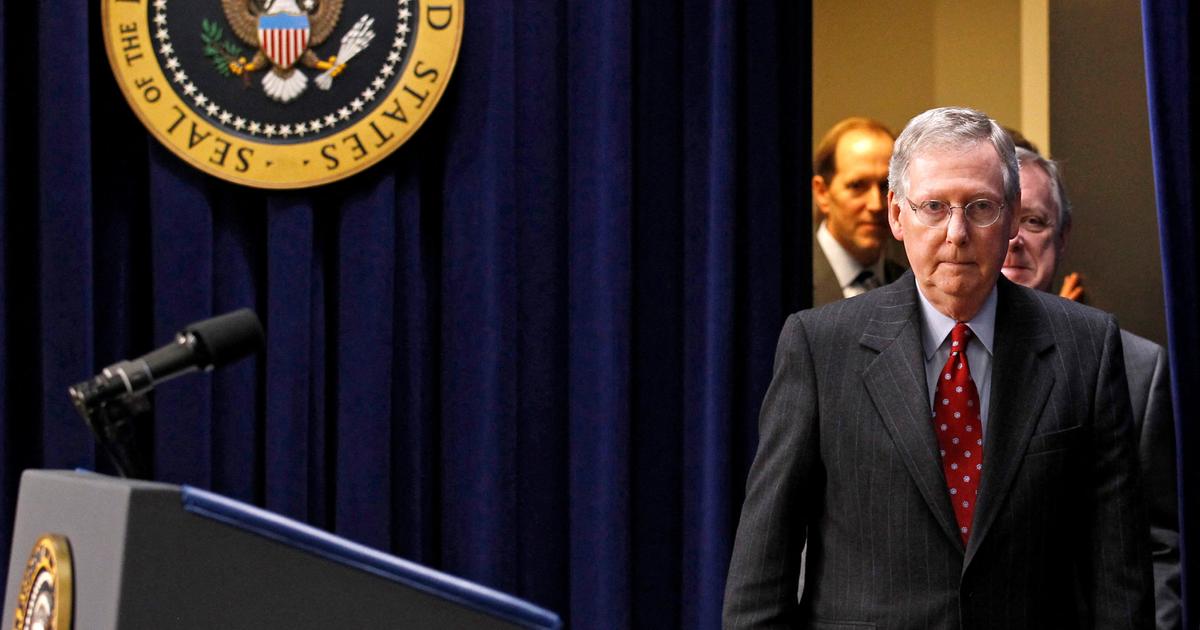Enlarge image
Mitch McConnell (archive image): "Inconsistent, incorrect and inadequate for his office"
Photo: KEVIN LAMARQUE / REUTERS
The top Republican in the US Senate, Mitch McConnell, has accused Joe Biden of "demagoguery".
McConnell harshly cracked down on the Democratic president on Wednesday in the Senate for a speech changing electoral law and Senate rules from the previous day.
He spoke of a "tirade" from the President that was "incoherent, incorrect and inappropriate for his office."
On Tuesday, Biden threatened the Republican minority in the Senate with a change to the voting rules in the Congress Chamber if the Republicans block a reform of the electoral law again. Specifically, it is about a regulation according to which 60 of the 100 senators have to agree to an end to the debate in many bills so that a vote can be reached. In view of the wafer-thin majority of Democrats, many projects therefore fall by the wayside.
McConnell now said: "The world saw our commander-in-chief carried out propaganda against his own country." The speech was "deeply unpresidential" and full of "seditious rhetoric."
Biden has given up rational conviction in favor of "pure demagogy", compared US states with totalitarian states and called millions of Americans as enemies within.
The appearance is the best argument for keeping the Senate rules.
They are used to ensure that "cooler heads" have the upper hand.
ime / dpa









